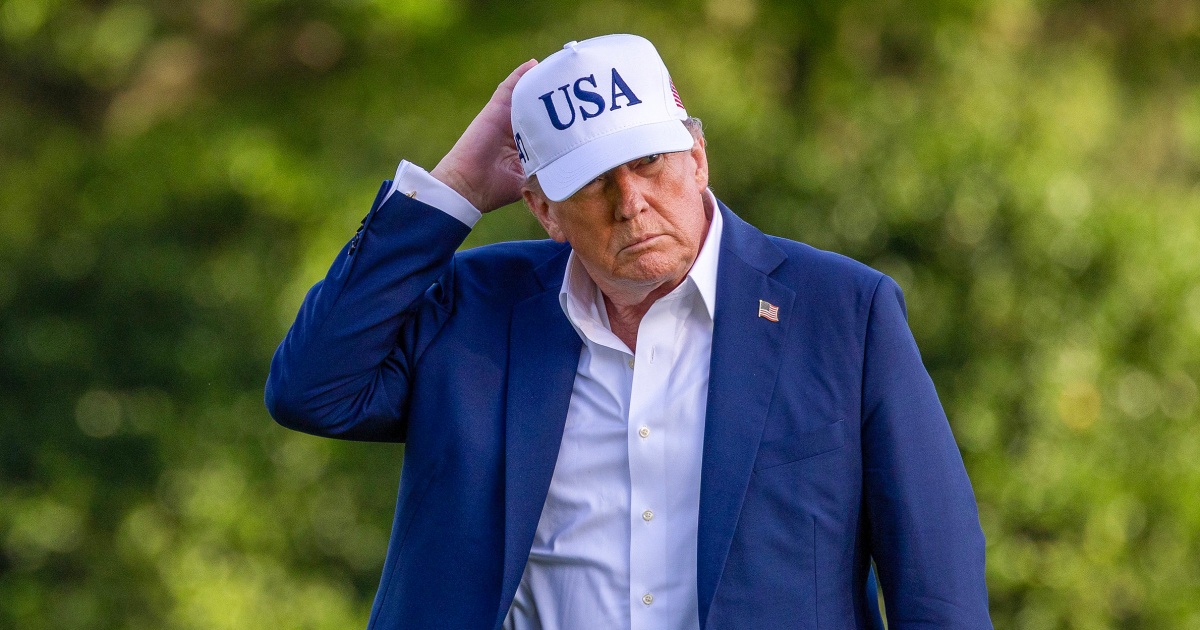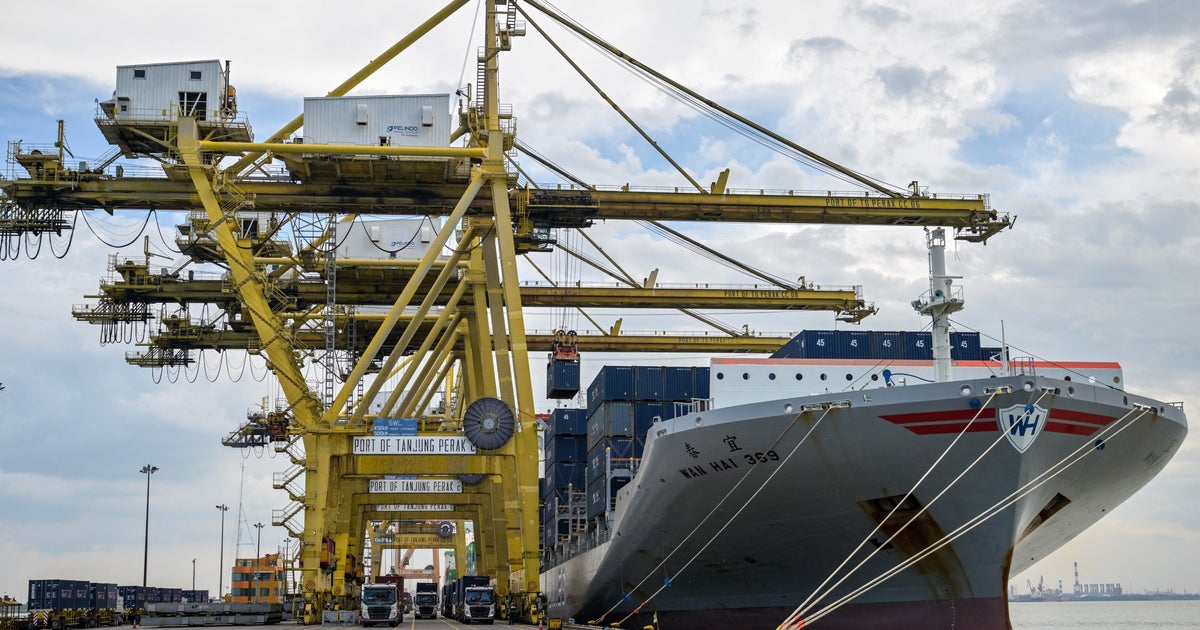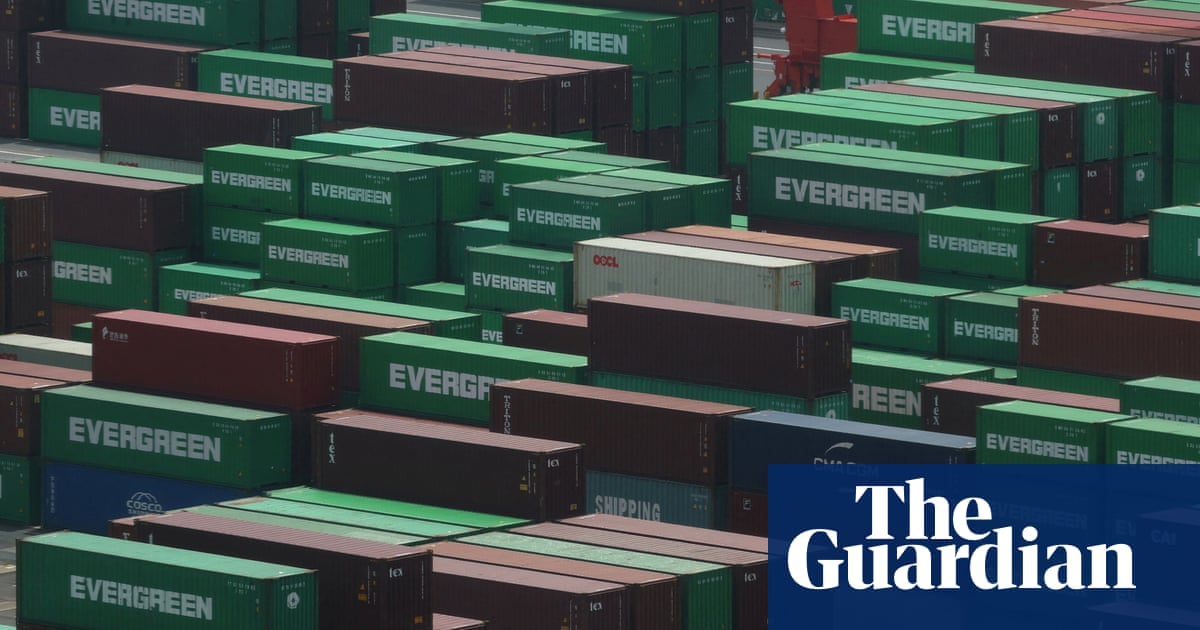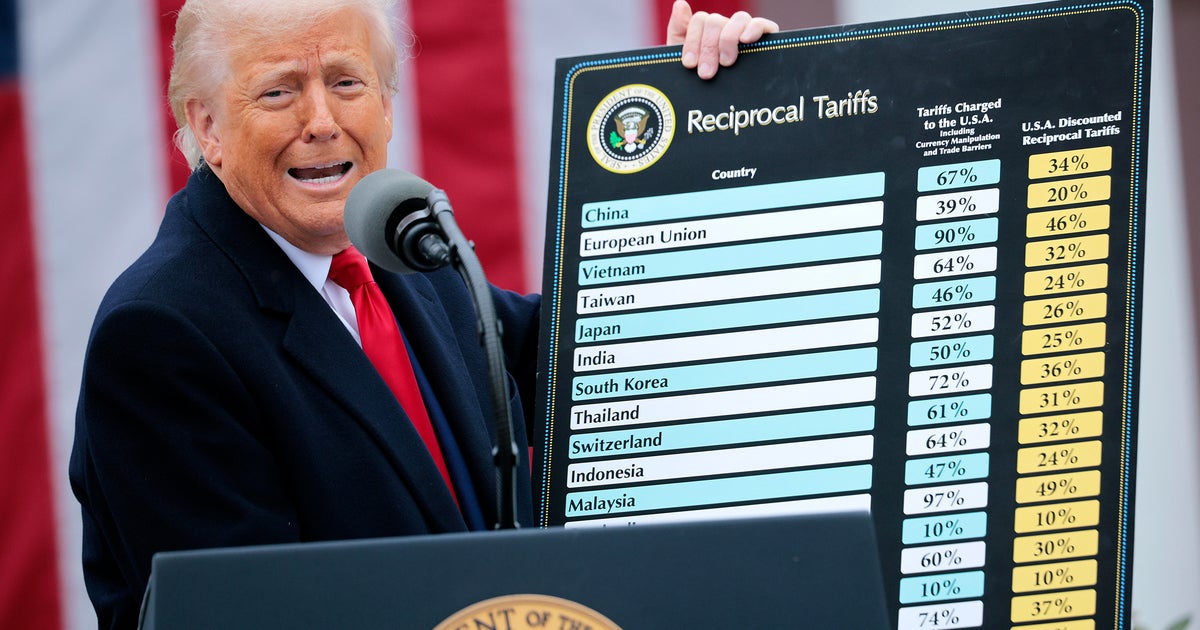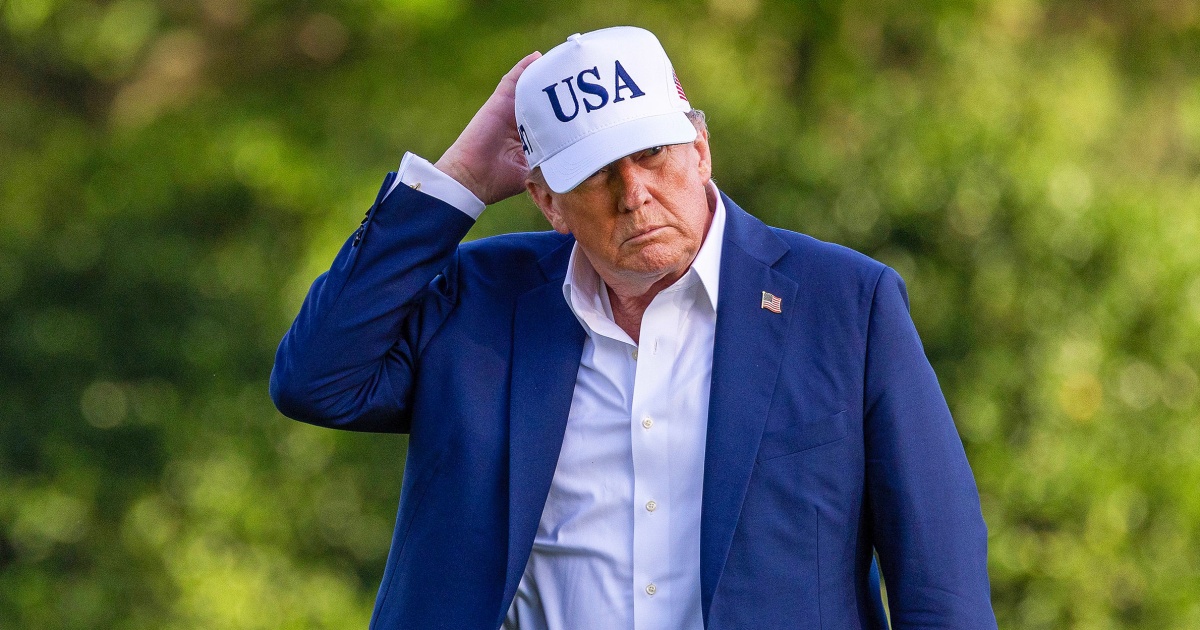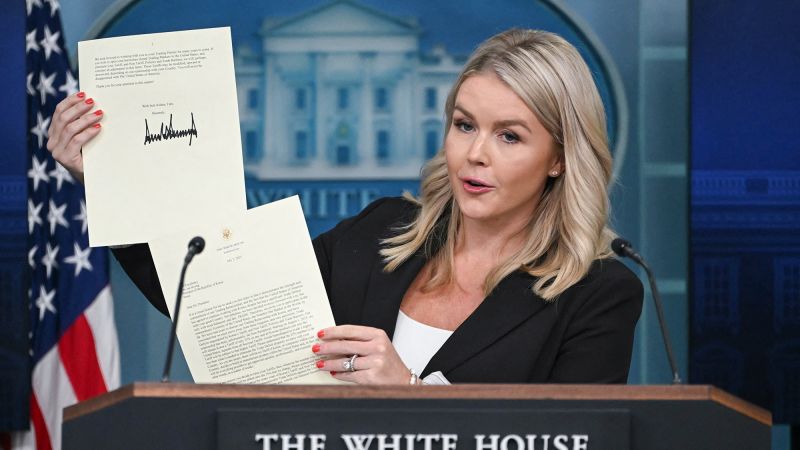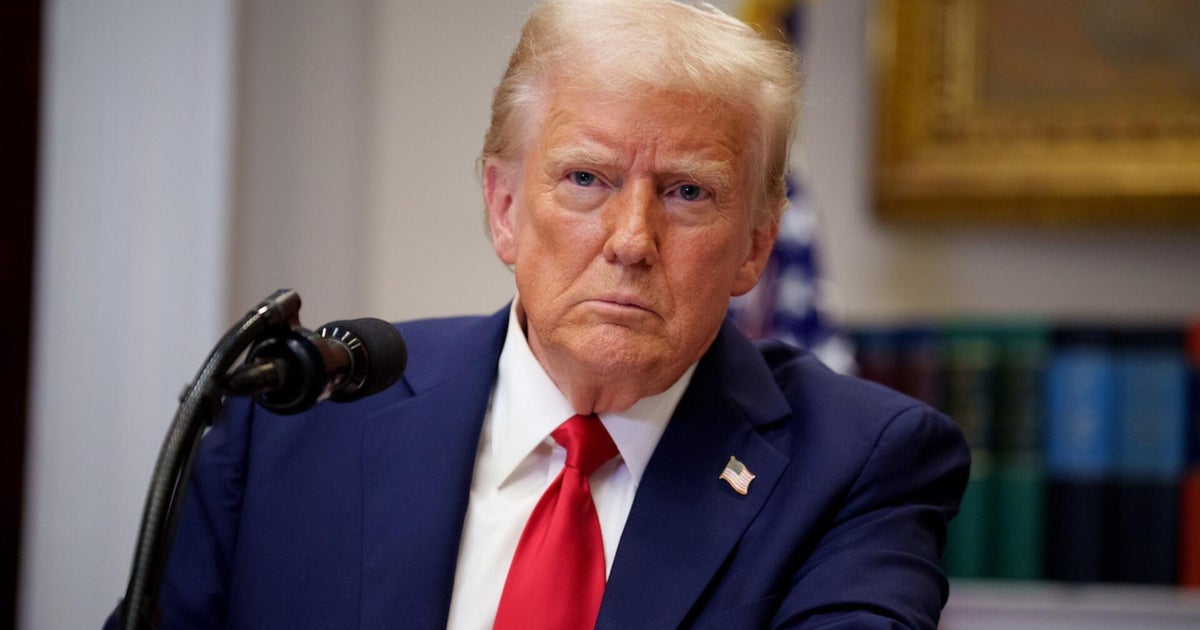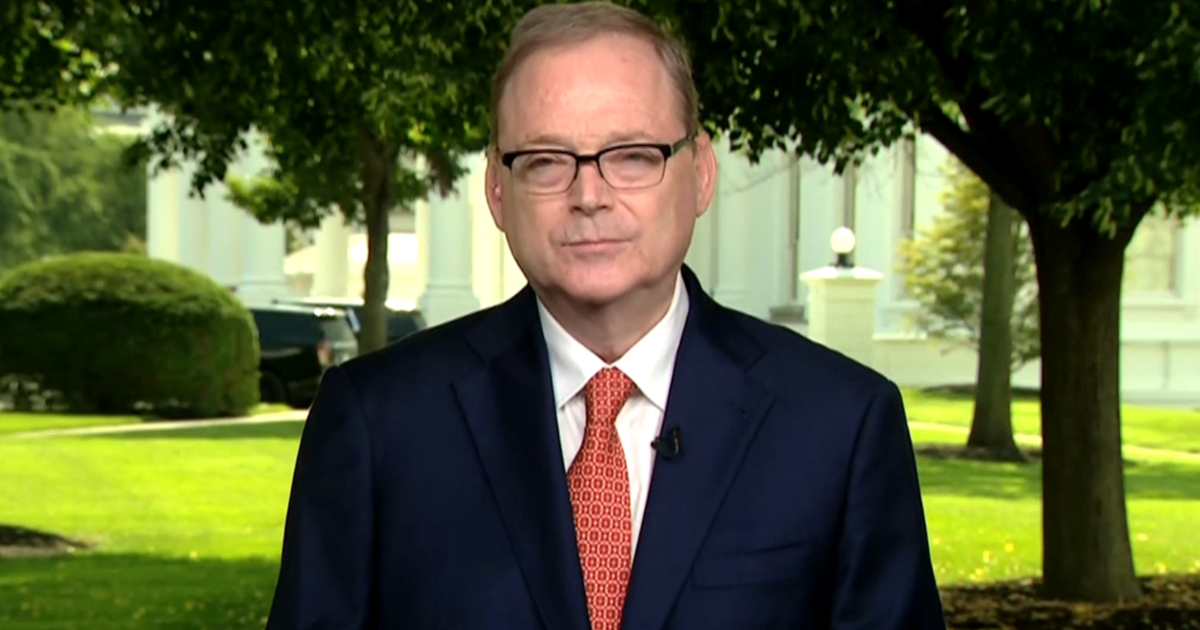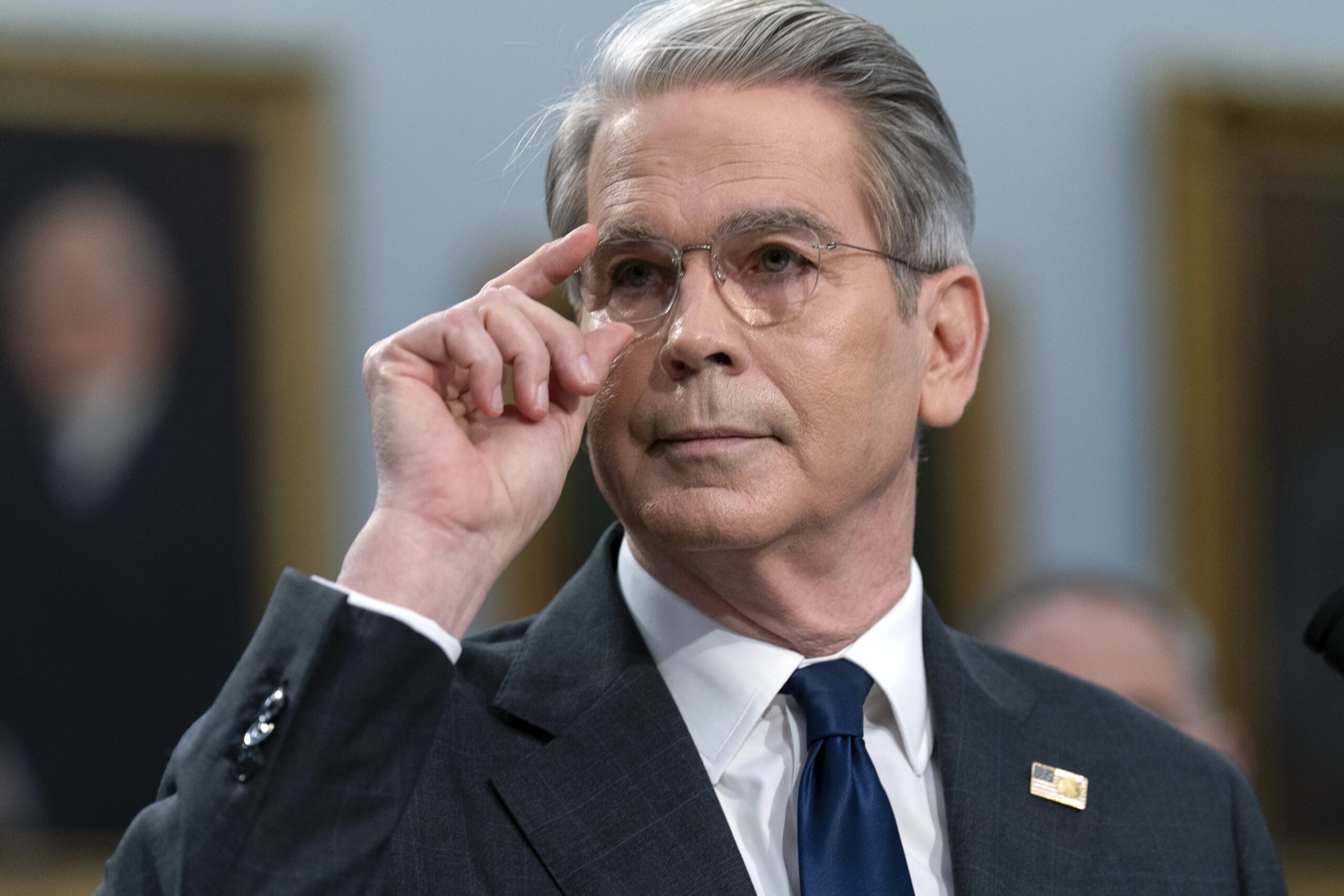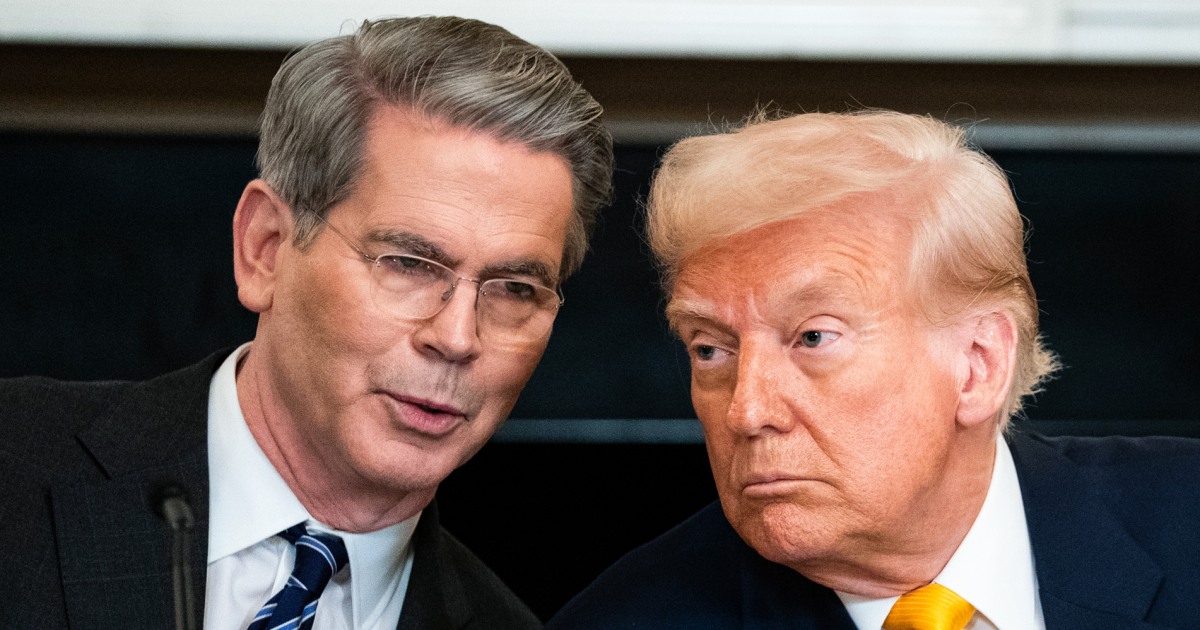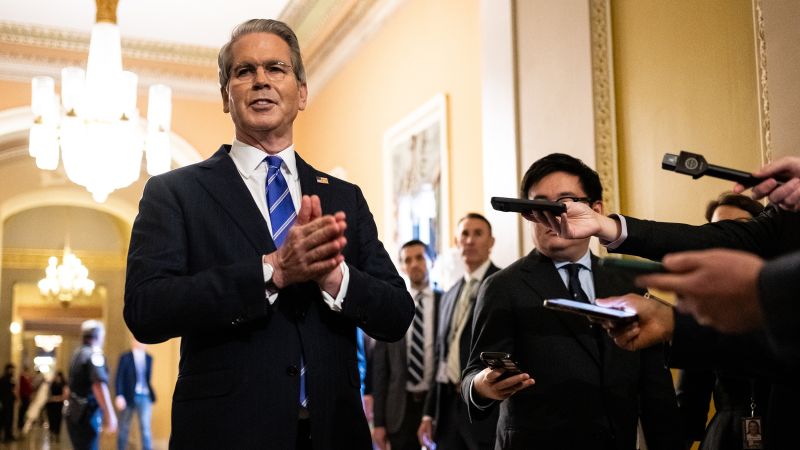Trump Maintains Firm Stance on Tariff Deadlines Amid Trade Negotiations
President Trump reaffirms the August 1 tariff deadline, introducing new rates and emphasizing no exceptions, amidst ongoing trade negotiations with Vietnam and the UK.
Overview
- President Trump has reiterated that the August 1 tariff deadline remains unchanged, with no exceptions to the imposed tariffs.
- A new deadline of August 1, 2025, has been established for all payments, with no extensions permitted.
- The administration has introduced potential tariff rates of up to 40%, increasing economic uncertainty.
- Recent trade agreements with Vietnam and the UK have been finalized, marking three countries involved since the tariff pause.
- Wall Street is experiencing declines, with analysts cautioning that optimism regarding tariffs may be misplaced given the fluid situation.
Report issue

Read both sides in 5 minutes each day
Analysis
Center-leaning sources frame the tariff announcements as aggressive economic measures, highlighting potential negative impacts on consumers and international relations. The authors express concern over rising prices and the implications of Trump's unilateral approach, suggesting a critical stance towards the administration's trade policies while emphasizing the urgency of negotiations.
Articles (32)
Center (13)
FAQ
The preliminary deal includes Vietnam cooperating with the U.S. to prevent its territory from being used to transship Chinese goods. Vietnamese exports to the U.S. will face a 20% tariff, while goods suspected of transshipment from China will be subject to a 40% tariff.
The UK trade deal involves reductions in tariffs on certain U.S. products like olive oil and wine, and exemptions from higher steel and aluminum tariffs, though not entirely duty-free. In contrast, Vietnam's deal focuses on preventing tariff evasion and includes specific tariff rates for its exports.
The August 1 deadline is crucial as it marks the implementation date for new tariff rates, with no extensions permitted. This creates economic uncertainty and emphasizes the administration's commitment to enforcing tariffs despite ongoing trade negotiations.
History
- 4M

 7 articles
7 articles
- 4M

 4 articles
4 articles
- 4M

 5 articles
5 articles
- 4M

 8 articles
8 articles


